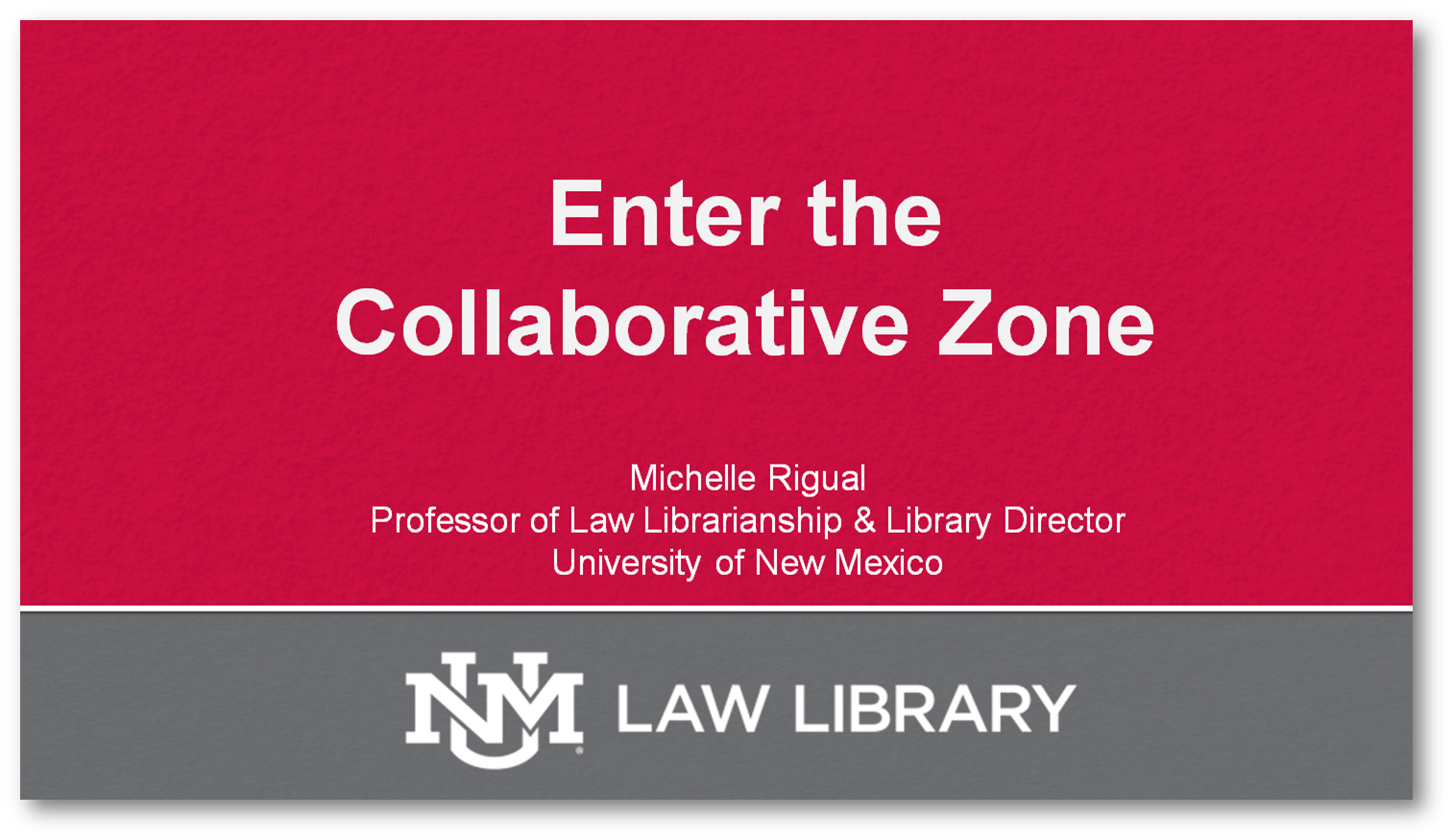Saturday
April 7
11:15 am to 12:00 pm
Dr. Michele A. L. Villagran Lecturer, University of North Texas / CEO, CulturalCo
It is not enough to simply be ‘aware’ anymore. We must go beyond our own self-awareness and awareness of others to understand the impacts of how we work and interact effectively in culturally diverse situations, whether domestic or global. As the information profession operates in an ever changing, global environment, we need to be prepared to handle any diverse situation. As our workforces become more diverse, we face an even greater challenge and problem: that is how to successfully manage increasingly diverse interactions. To address this concern, organizations are applying the framework of cultural intelligence. Cultural intelligence is a person’s capability for successful adaptation to new cultural settings, that is, for unfamiliar settings attributable to cultural context. Cultural intelligence is not specific to a particular culture – rather it focuses on the capability to function effectively in culturally diverse situations. This session will discuss an overview of cultural intelligence (CQ) and its application within the information profession; specifically look at its application to change. Cultural intelligence allows information professionals to reinvent themselves by understanding their CQ, and applying differing techniques within the workplace when involved with culturally diverse situations and confronted with change. In order to understand how to increase an individual’s CQ, one must begin by understanding the four factors or sub-dimensions of CQ. Each of these factors relates specifically to cultural challenges: drive, knowledge, strategy and action. This session is designed for any individual that interacts with diverse cultures (ethnic, national, generational, and organizational cultures) and the concept can be applied to any organizational segment (academia, corporate, public etc).






